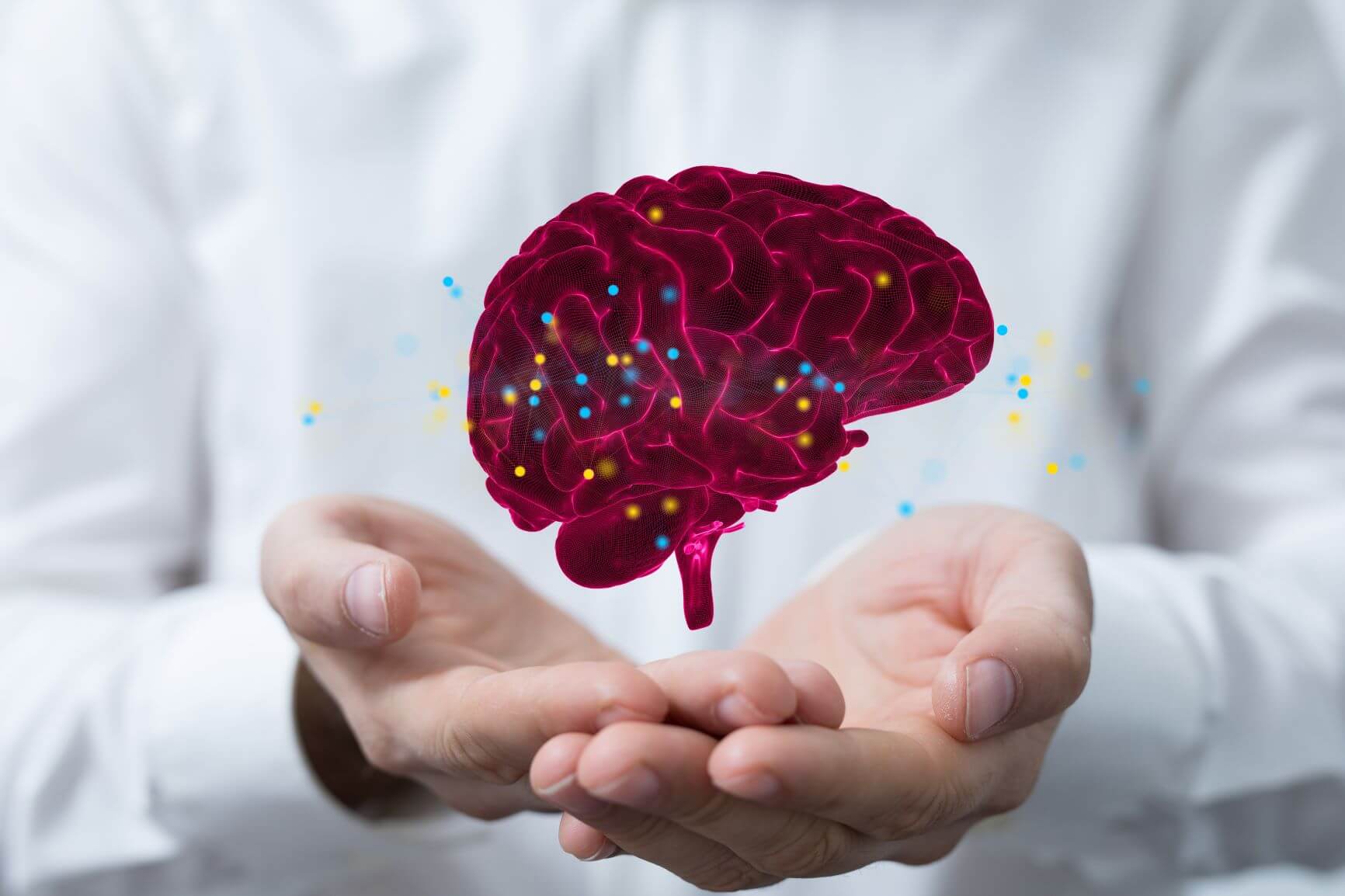Routine provides us with comfort and security, but when it becomes too monotonous, it can cause the brain to “fall asleep on duty.” This is especially relevant in later life, when keeping cognitive function sharp is so important. Even small breaks in routine can make a significant difference.
In this article, we’ll explore research and practices that show how simple daily changes can lead to meaningful improvements in brain health.
Routine: The Body’s Faithful Friend, but Not Always the Brain’s
In older age, many people value quiet, order, and predictability 3 and routine provides exactly that. It reduces mental load, saves decision-making energy, and helps maintain balance in daily life.
But the brain, like muscles, requires constant challenge to remain strong. When we perform the same actions repeatedly such as preparing the same breakfast, solving the same type of crossword, or maintaining identical daily habits, the brain becomes efficient but disengaged. These tasks shift into “automatic” brain regions, leaving other important cognitive systems underused.
Breaking Routine: The Brain’s Reset Button
Breaking routine doesn’t have to involve dramatic changes. Even small adjustments can stimulate brain activity:
- Taking a new route activates spatial navigation systems.
- Cooking a new recipe engages working memory.
- Learning a new skill builds fresh neural connections.
This process is called neuroplasticity – the brain’s ability to adapt, reorganize, and create new pathways, even later in life.
It was once believed that the brain stopped changing by the age of 20–30. Today, research shows that neuroplasticity continues throughout life, as long as the brain is given the right challenges.
Cognitive Flexibility: The Key to Healthy Aging
One of the most important abilities for lifelong brain health is cognitive flexibility – the ability to switch between tasks, perspectives, and patterns of thought.
In older adults, reduced flexibility can show up as difficulty learning new things, adapting to change, or solving complex problems.
Cognitive flexibility not only supports everyday functioning – it also acts as a protective factor against cognitive decline and conditions such as dementia and Alzheimer’s disease.
What Do the Studies Say?
- Prof. Denise Park and Prof. Peter Reuter-Lorenz:
In their article “The Adaptive Brain,” these researchers introduced the neurocognitive scaffolding theory. They showed that the aging brain can compensate for functional decline by building new “cognitive scaffolds,” particularly when exposed to new and challenging stimuli.
- University of Texas Study:
Adults over 60 who learned digital photography for three months showed significant improvement in memory and information processing speed compared to a control group that did not learn a new skill.
- Harvard University Study:
Found that monotonous routine accelerates cognitive decline in adults over 70, while diverse stimulation (learning, social interaction, and problem-solving) helps maintain brain volume and memory function.
Breaking Routine for Ages 55+: Why It’s Especially Important
At age 55 and older, natural changes begin to appear in several areas of cognitive function, particularly:
- Response speed
- Sustained attention
- Short-term memory
At the same time, other abilities such as vocabulary, life wisdom, and complex reasoning often remain stable or even improve. By keeping the brain active, it is possible not only to preserve but also to strengthen cognitive abilities.
Read more about your cognitive ability – in our Cognitive Dictionary >>
7 Practical Ways to Break Routine and Strengthen the Brain
- Learn a new skill once per quarter – drawing, gardening, a new language, or even using a new app.
- Play different types of cognitive games – avoid sticking to just one style of practice. The Effectivate app provides variety and tracks progress.
- Read a book from a new genre – try a thriller, science fiction, or an inspiring biography.
- Shop at a new store or market – unfamiliar settings stimulate memory and the senses.
- Write in a journal with your non-dominant hand – challenges the brain in unconventional ways.
- Talk to a stranger – even a short conversation while waiting in line can spark new connections.
- Listen to a podcast outside your usual interests – exposing yourself to new topics stimulates curiosity and flexibility.
Learn methods for memory improvement >>
Small Tips for Breaking Routine – Big Changes
Don’t wait until you “feel” your memory slipping. Investing in brain health begins long before problems appear.
Making intentional, simple changes in routine is a natural and non-intrusive way to challenge the brain and it opens the door to richer, fuller lives.
Join thousands of users who have already stepped out of their comfort zone and rediscovered the space where the brain grows, adapts, and thrives. Small daily changes can keep the brain sharper for life.
Study more about Effectivate >>
Bibliography – Sources
Park, D. C., & Reuter-Lorenz, P. (2009). The adaptive brain: aging and neurocognitive scaffolding. Annual Review of Psychology, 60, 173–196.
Nyberg, L., et al. (2012). Memory aging and brain maintenance. Trends in Cognitive Sciences, 16(5), 292–305.
Gutchess, A. (2014). Plasticity of the aging brain: New directions in cognitive neuroscience. Science, 346(6209), 579–582.
Stine-Morrow, E. A. L., et al. (2008). The effects of an engaged lifestyle on cognitive vitality: A field experiment. Psychology and Aging, 23(4), 778–786.
Lövdén, M., et al. (2010). A theoretical framework for the study of adult cognitive plasticity. Psychological Bulletin, 136(4), 659–676.
Park, D. C., et al. (2014). The impact of sustained engagement on cognitive function in older adults: The Synapse Project. Psychological Science, 25(1), 103–112.
Lustig, C., et al. (2009). Cognitive training and plasticity in older adults: Clinical interventions. Psychological Science in the Public Interest, 9(1), 1–65.










